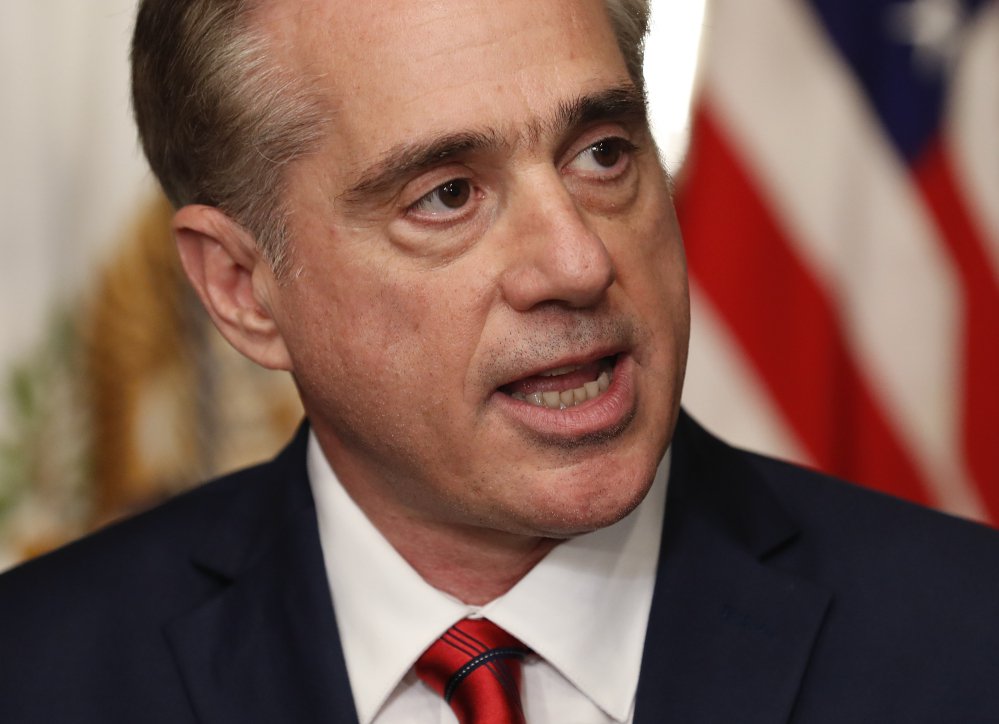The firing of Veterans Affairs Secretary David Shulkin may seem like just another in the recent spate of executive-branch departures. But for his efforts to reform a vast bureaucracy and to better serve America’s 20 million veterans, Shulkin will be sorely missed.
He may have himself to blame for a host of alleged ethical violations, although Shulkin contends he has been falsely accused by Washington partisans and veterans’ groups opposed to his reform efforts. What’s clear is that many of those efforts have been sensible and courageous. The next VA leader — Rear Admiral Ronny Jackson, the White House physician, has been tabbed — should push ahead on the same track.
Shulkin supported a plan approved by Congress to privatize VA services, but was wary of moving too abruptly or drastically. So the department focused on cities where VA hospitals are overcrowded and in rural areas where they are hard to reach. His efforts enabled many veterans to get care more quickly, and set up a controlled study to inform a broader push. Unfortunately, his pragmatism conflicted with a blind faith in privatization held by rivals in Donald Trump’s administration.
This was not the only initiative Jackson, if confirmed, would do well to continue. Shulkin carried on with earlier reforms to the department’s disability payment system, which has trapped many veterans in dependency, discouraging them from rejoining the workforce. He stepped up measures to improve employee accountability, and to prevent deserving veterans from being denied urgent care. He reinvigorated the VA’s stalled effort to bring its record-keeping into the digital age and make its online system compatible with that of the Defense Department. And he proceeded carefully with the effort to shift care for homeless veterans — some 40,000 people — to the Department of Housing and Urban Development, which may be better suited to the task.
The VA still needs to do a better job of vetting veterans who apply for care and disability payments. Consider that more than one-third of living veterans who served since the Sept. 11 attacks have sought some form of remuneration, compared with just 21 percent of those who served during the Vietnam War. It’s one reason the department’s budget has ballooned to $200 billion. This responsibility now falls to Jackson.
Shulkin, the only holdover from the Barack Obama administration in the Trump cabinet, persevered through a challenging if short term as VA secretary, attacked by foes from both political parties. Americans should thank him for his service, and hope Jackson will understand and further his priorities.
Editorial by Bloomberg News
Send questions/comments to the editors.


